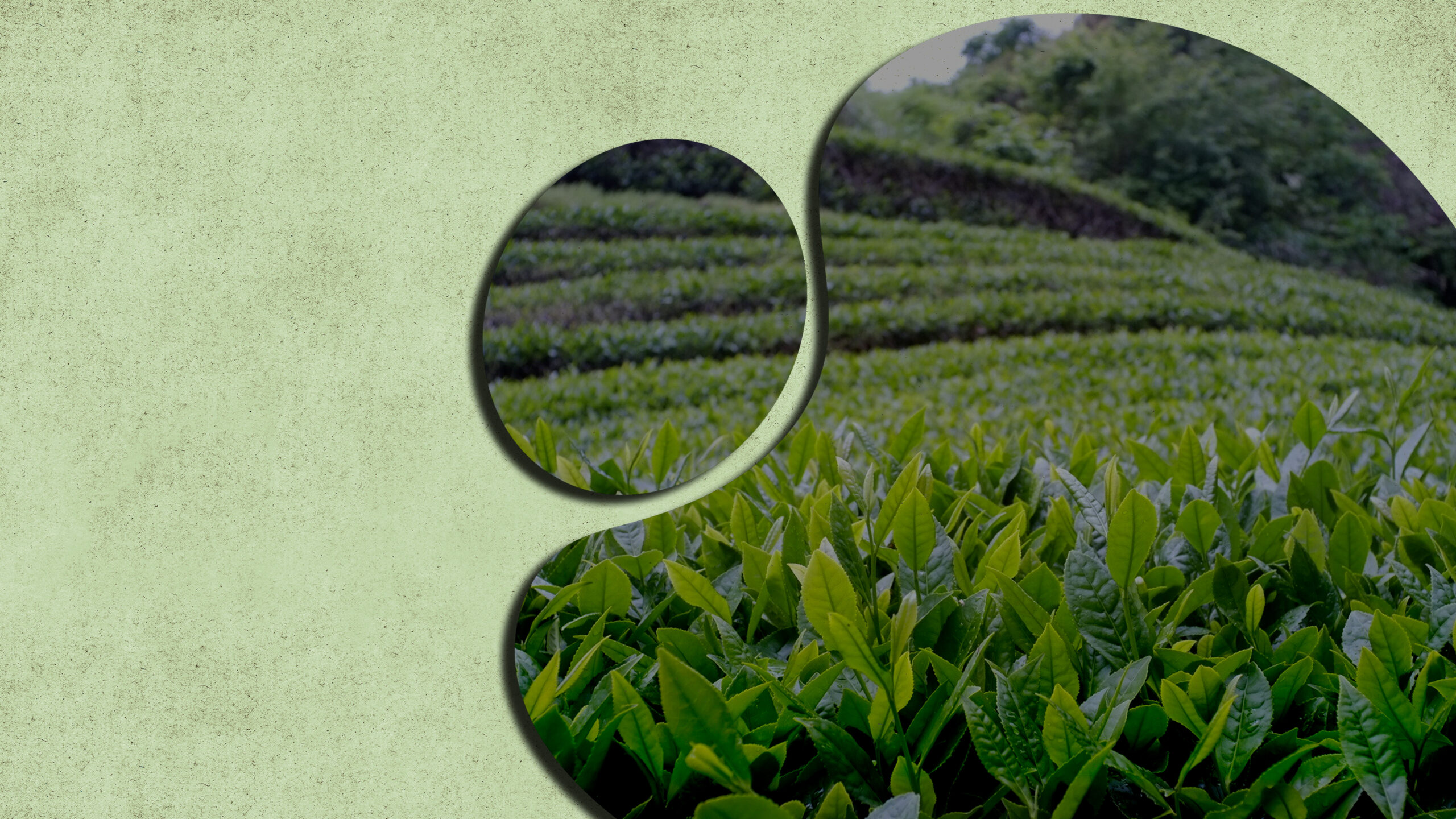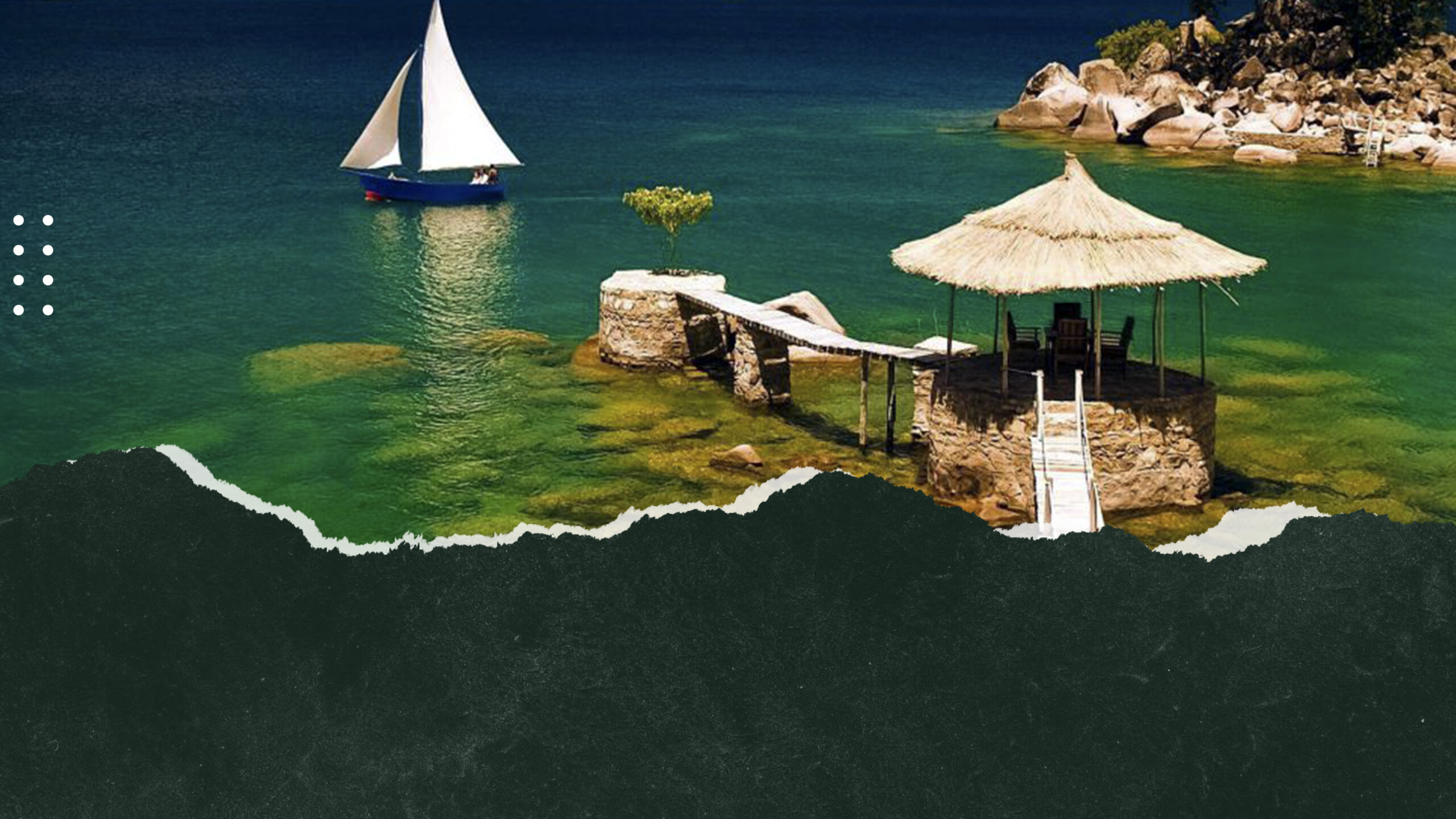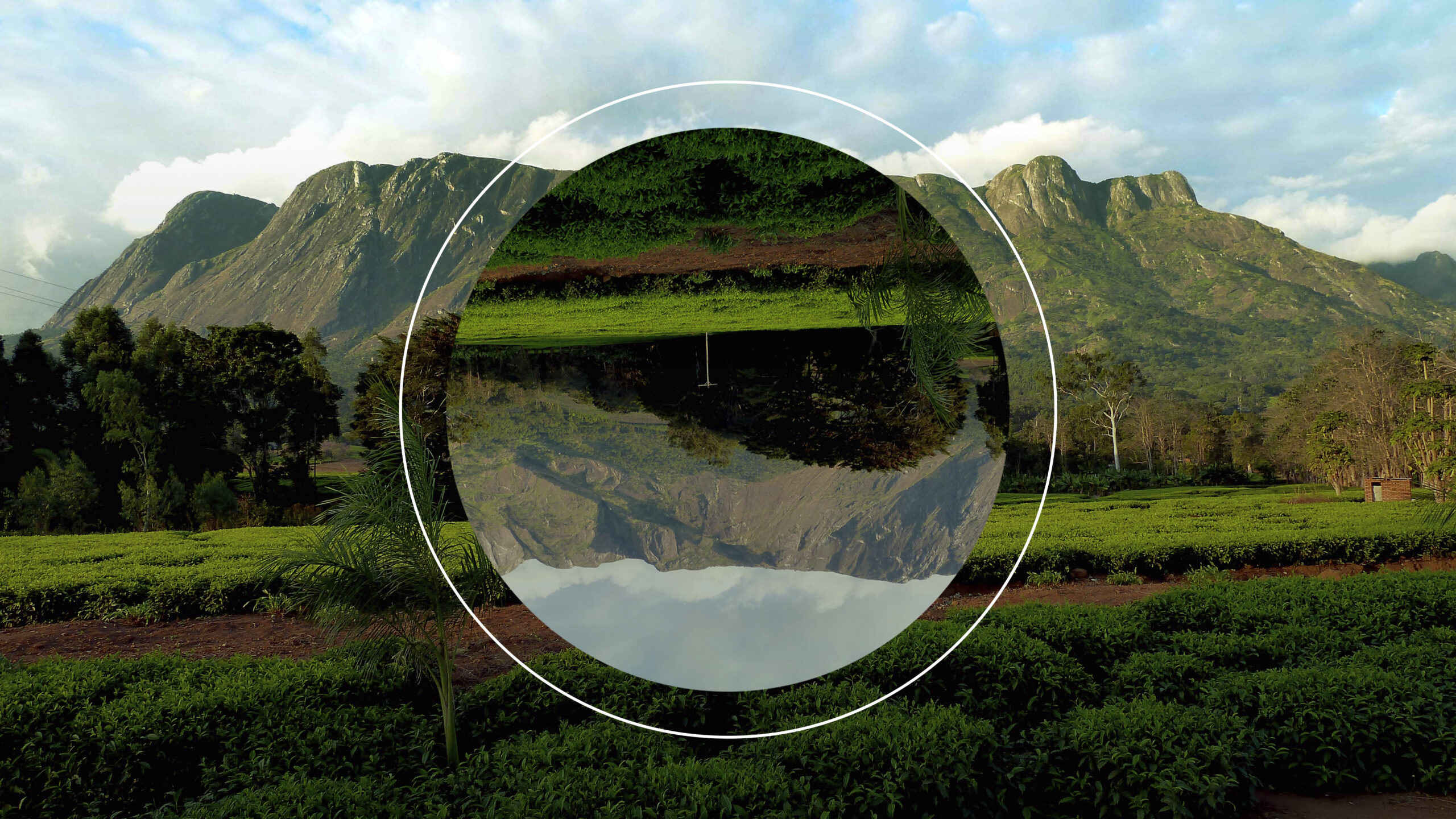International Travel
Overland
Getting around Malawi
Advice
Air
Air Zimbabwe - airzimbuq@africaonline.co.zw
South African Airways – 01 772242
Ethiopian Airways – 01 771002 or 771308
Kenya Airways – 01 774227 or 774330
Zambia Airways - zntb@zambiatourism.org.zm
Boat
Road
Bus
Bus services connect all main towns and conditions of travel are reasonable. There are also bus services of varying standards within the cities. More common locally used buses can be found on almost every main road in Malawi. For more highly upgraded coaches, best when travelling long distance, please check with your tour operator alternatively with a hotel.
Taxi
Main Border Crossings
To/from South Africa
Most people travelling between South Africa and Malawi take a bit of time over the trip, passing through a combination of other southern African countries, including Botswana, Namibia and Zimbabwe, as well as those covered individually below. However, if you literally want to travel between Johannesburg and Malawi as quickly as possible, direct coaches cover the route via Harare and Tete, which involves three border crossings and takes 24 hours if all goes smoothly. A recommended operator is K J Transport which has offices on the corner of Smit and Mellie streets in Johannesburg and in Blantyre Lodge opposite the main bus station in Blantyre. Coaches depart from Johannesburg at 10:30am on Wednesday and Saturday, and from Blantyre at 08:30 on Tuesday and Saturday, and a ticket costs around MK13,500 or the rand equivalent.
To/from Zambia
To/from Mozambique
Malawi and Mozambique share a long border. Indeed, the large wedge of Malawi to the south of Lilongwe is surrounded by Mozambique on all sides. Therefore there are great many possible border crossings, though only a few are used regularly by travellers. A remote but enjoyable possibility between northwest Mozambique and Malawi is with the MV Ilala, which calls in at the Mozambican ports of Cobue and Metangula; there’s a goodhostel and campsite in Cobue, but it’s easier to get road transport out Metangula.
Of the various northern road crossings, the one between Mangochi and Mandimba is quite straightforward. Regular transport to the border leavesMangochi from the main bus station, stopping en route at Namwera, a small town with plenty of resthouses. If you can’t get a lift along the 7km road between the two border posts, you options are either walking or hiring a bicycle taxi – and if you opt for the latter you won’t regret splashing out on a separate bike for your luggage.
Also worth considering, at least when it’s working, is the train to Nayuchi Liwonde to Cuamba via the Nayuchi border. When in service, trains to Nayuchi leave Liwonde at 6:00am Monday to Friday and take about three hours, in Interlagos on the Mozambican side of the border there’s a restaurant and resthouse, though if everything runs to schedule you should pick up the train to Cuamba on the same day, a four-hour trip which might take twice as long on a bad day.
The Muloza/Milanje border between Mulanje and Mocuba is worth considering only if you’re determined to visit Quelimane. It’s easy to get a bus from Blantyre or Mulanje to Muloza, where there’s basic accommodation on both sides of the border, but transport from Milanje on to Mocuba is eratic.
Coming from southern Mozambique (or Zimbabwe)between Blantyre and the Tete Corridor (named after Mwanza/Zobue border post between Blantyre and the Tete Corridor (named after the Mozambican town of Tete). Regular buses run between Harare and Blantyre stopping at Tete, and minibuses also cover this route, though you’ll need to change vehicles at Mwanza/Zobue. Driving up this way from southern Africa, be warned that officials along the Tete Corridor have a reputation for fining drivers for transgressing a variety of obscure or non-existent road regulations, but the road itself is in excellent condition.




